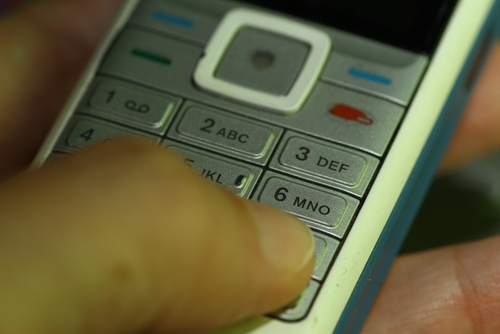
In the early 1990s, a seemingly innocuous change in payment methods at fast-food restaurants sparked an unexpected uproar among customers.
The epicenter of this controversy was none other than the popular fast-food chain, Burger King. The cause of the commotion? The introduction of credit card payments for fast food orders.
A recently resurfaced clip from 1993, posted on TikTok, offers a fascinating glimpse into the public’s reaction to this shift. The video features a Baltimore broadcast journalist interviewing local Burger King patrons about their thoughts on using credit cards for fast-food purchases.
The responses were a mix of skepticism, apprehension, and even outright disbelief.
People in 1993 react to credit cards being accepted at a Burger King pic.twitter.com/JKVlhnL2CB
— Historic Vids (@historyinmemes) September 17, 2023
One woman expressed her disapproval, stating, “I think it’s pretty bad if you have to use a credit card when you go to a fast-food restaurant, for something as little as $3.10.”
Another man voiced his concern about potential delays at the cash register due to the need for credit card confirmations. He humorously added, “When I want a Whopper, I want it now.”
The skepticism wasn’t limited to these two individuals. Another patron couldn’t imagine the system working on a day-to-day basis, while another saw it as just another way to spend money. However, not everyone was against the idea.
One man saw a silver lining, pointing out that he could get a five percent rebate with his GM card, jokingly adding, “If I eat here long enough, I’ll be able to buy a pickup truck!”
The reluctance to embrace credit cards for small purchases in the early 1990s was largely due to administrative hassle and burdensome wait times associated with processing payments.
An article from the Orlando Sentinel in 1989 predicted a shift in consumer credit card usage in the coming decade, citing new technology that made it quick and cost-effective to handle small transactions.
Insane to think only 30 years ago it was unheard of to take anything other than cash. Imagine explaining Uber to these people.
— Andrew 🏴☠️ (@AndrewBlackFlag) September 17, 2023
Fast forward to 2023, and the reactions to the 1993 news segment are vastly different.
The clip has gone viral on TikTok, garnering nearly 800,000 likes and over 10,000 comments. Modern viewers find the dated reactions amusing, with one user quipping about using an Apple Watch to pay for a $0.79 soda.
Interestingly, the reporter who helmed the 1993 segment, Jamie Costello of Baltimore’s News Channel 2, is still with the network 30 years later. His report serves as a reminder of how far we’ve come in terms of payment technology and consumer attitudes towards it.
The 1993 Burger King credit card controversy offers a fascinating look at societal attitudes toward technological change. What may seem commonplace today was once a source of skepticism and apprehension.
As one TikTok user aptly summarized, “People always fear change.”










